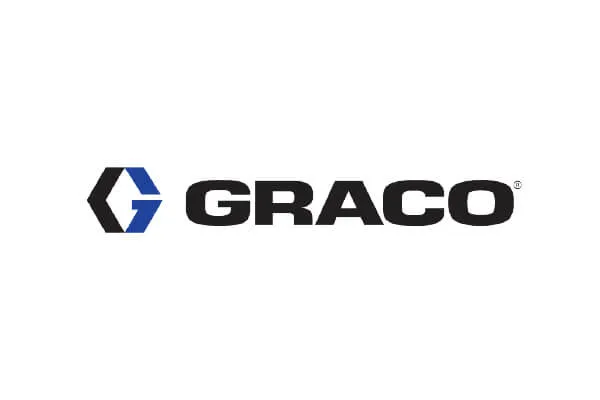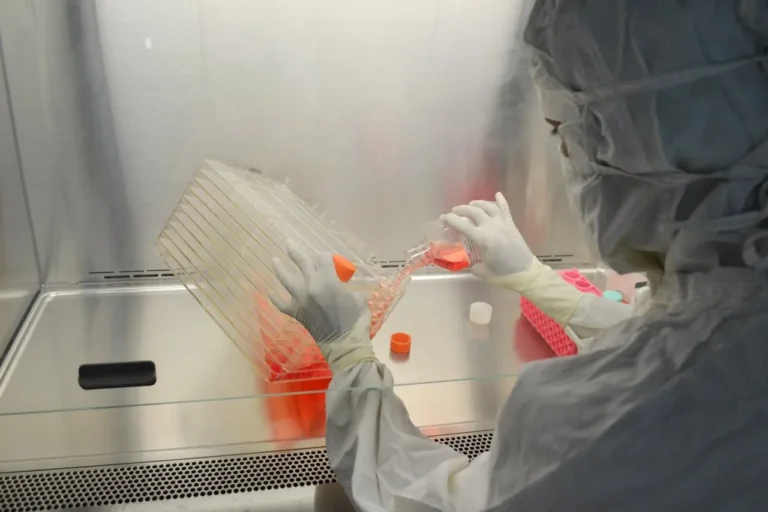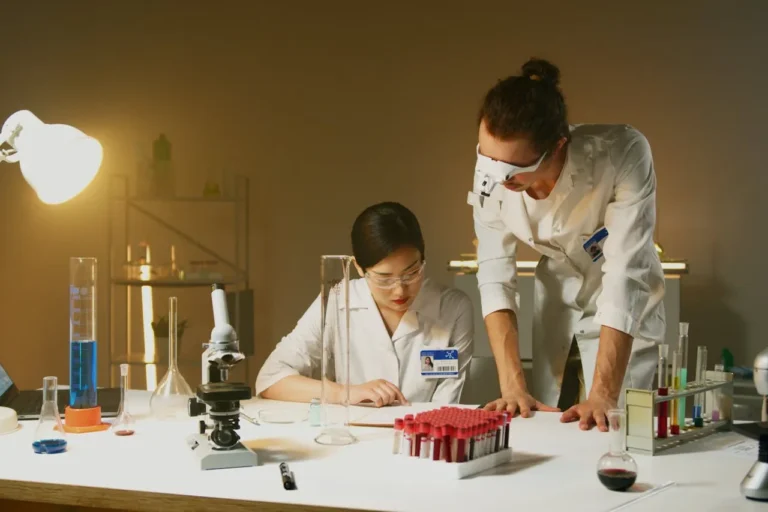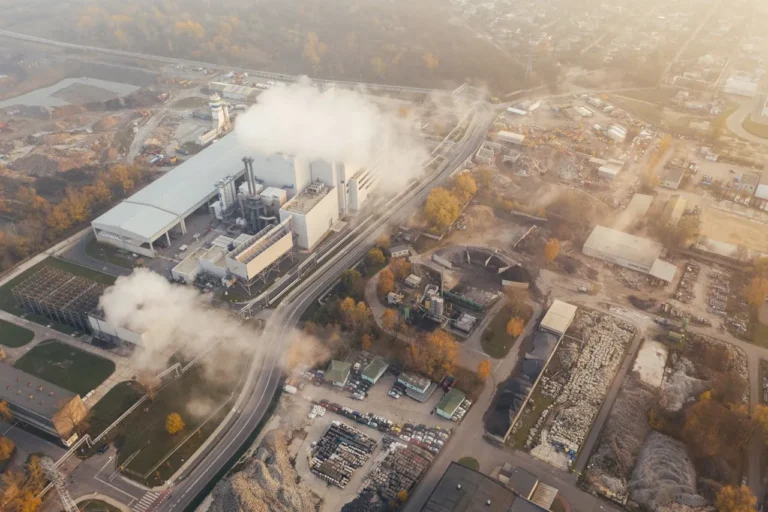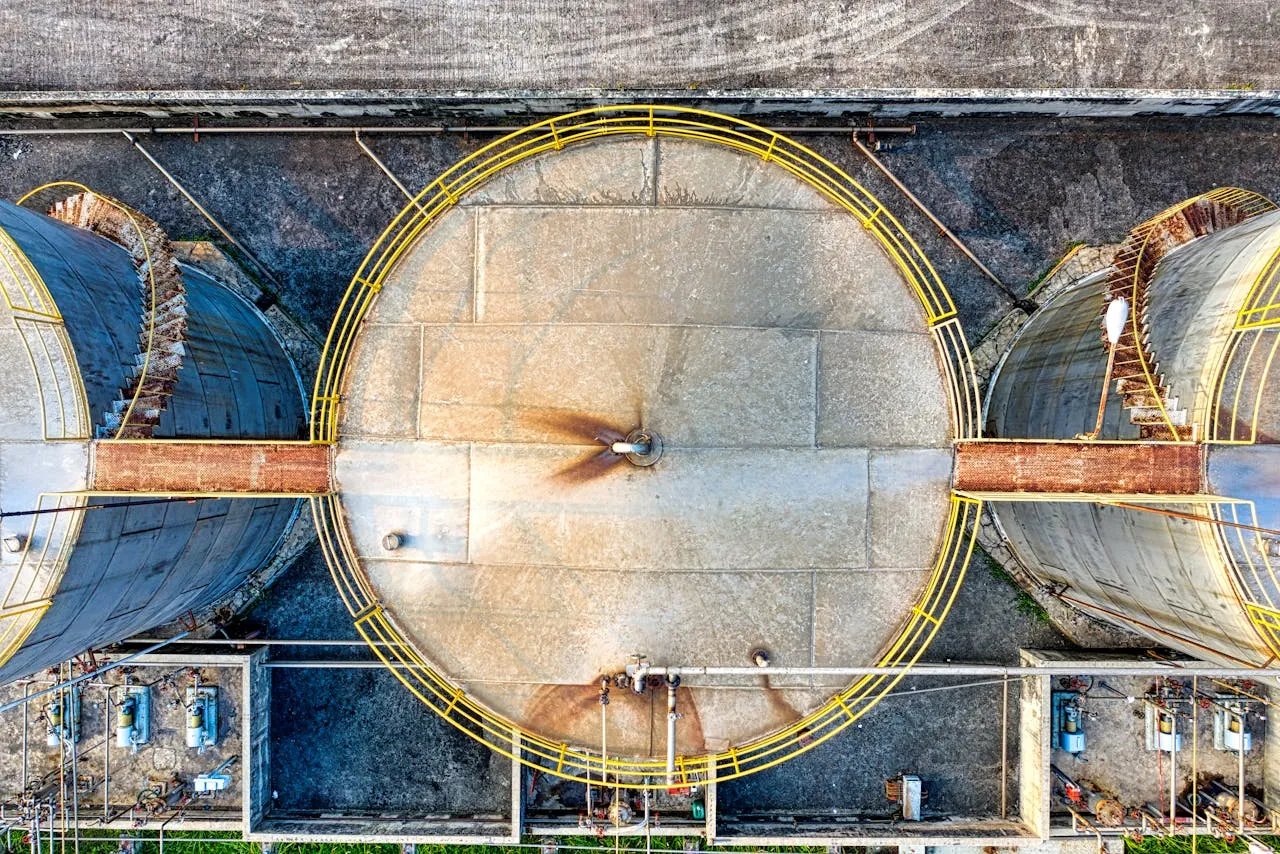
Journalists from prominent African media outlets recently visited PhosAgro’s Volkhov production complex to tour its advanced facilities. The visit included the plant’s upgraded phosphoric acid and mineral fertilizer production units, the new SK-800 sulphuric acid plant, and the newly established energy facilities that convert process steam into electricity.
During their visit, the journalists received detailed presentations on PhosAgro’s operations and the crucial role the company and the Russian mineral fertilizer industry play in global food security and humanitarian efforts in Africa.
PhosAgro has invested over RUB 34 billion in enhancing its Volkhov complex. As a result of extensive upgrades and new construction, the plant’s annual mineral fertilizer production has surged to over 1 million tonnes—a more than fivefold increase since 2019. The processing of phosphate rock has grown over sixfold to more than 1.6 million tonnes, sulphuric acid production has risen more than fivefold to 1.1 million tonnes, and phosphoric acid production has increased more than sixfold to approximately 600,000 tonnes. The plant’s proximity to Baltic ports further boosts the company’s ability to export to Africa.
Alexander Sharabaika, PhosAgro’s Deputy CEO for Finance and International Projects, highlighted the company’s collaboration with international organizations on humanitarian initiatives in Africa. Through the Green Chemistry for Life programme, PhosAgro partners with UNESCO and the International Union of Pure and Applied Chemistry (IUPAC) to grant funding to young scientists working on advanced chemical technologies for environmental protection, resource management, and waste recycling. Over seven selection rounds, 48 researchers, including 13 from Africa, have received grants, and more than 200 African researchers have received stipends through the Green Chemistry Summer School.
PhosAgro also launched the AFRILAB regional network of soil laboratories in Africa in partnership with the UN Food and Agriculture Organization (FAO). This network, which includes 220 laboratories across 54 countries, supports fertilizer quality assessment and soil monitoring. To date, over 11,000 farmers from 20 developing countries have participated in the project, with approximately 4,500 receiving training.
Mikhail Sterkin, PhosAgro’s Deputy CEO for Sales and Marketing, discussed the company’s Pro Agro Lectorium platform, which provides global access to advanced agricultural knowledge. Available in English and Portuguese, this educational hub has been endorsed by the BRICS Business Council’s Agribusiness Working Group and supported by the FAO, the International Union of Soil Sciences, and leading scientists. The platform offers university students, graduates, teachers, and farmers access to the latest in agrochemistry, agricultural science, and sustainable farming practices. Nearly 60 experts, including 9 from Africa, have contributed over 420 lectures, and PhosAgro has signed nine cooperation agreements with African universities.
The journalists’ tour also included visits to the Fifteenth Element corporate museum, which details the plant’s history, and St. Andrew’s Cathedral, built by PhosAgro as part of its Spiritual Revival programme. The tour concluded with a visit to the Staraya Ladoga Museum-Reserve, where the journalists expressed their gratitude to PhosAgro executives for the informative visit.


